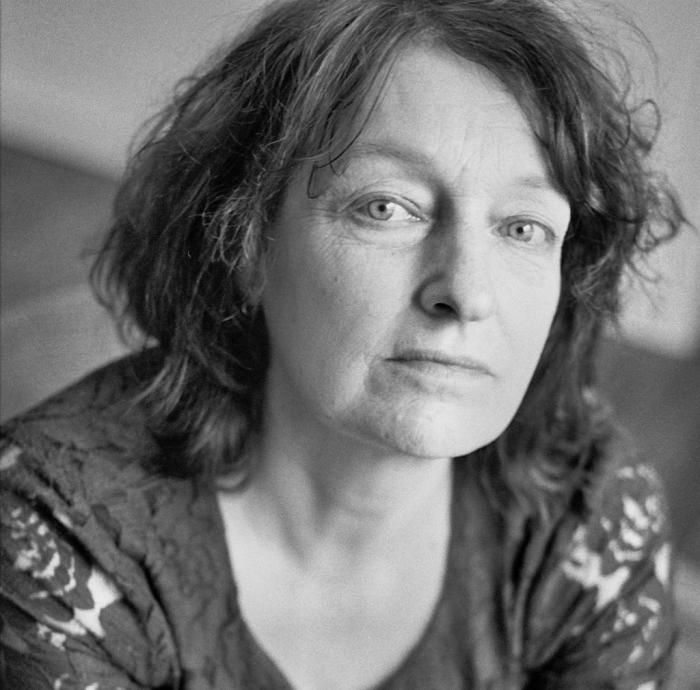Anthea Nicholson
Writer - Fiction
Photograph: Corinna Faith
Books
Books
Anthea Nicholson is a writer and visual artist who lives between England and Tbilisi in Georgia. She gained an MA with distinction in creative writing at Bath Spa University, 2005 and following that she was writer in residence for a year at Batworthy Farm on Dartmoor. She has recently designed and built a modest house on the outskirts of Tbilisi where she and her partner, Mamuka Japharidze, run various arts projects, land conservation work and an informal visitors' creative retreat. Her debut novel, THE BANNER OF THE PASSING CLOUDS, was published by Granta in April 2013 and was shortlisted for the 2014 Authors' Club Best First Novel Award.
Praise for THE BANNER OF THE PASSING CLOUDS (2013)
'Anthea Nicholson has created a weird and compelling voice that somehow manages to be by turns unsettling, wise and pierced with regret. [Her] writing is psychologically astute, and intense with insight' Guardian
'Written in dreamlike prose...[it's like] a Soviet Midnight's Children' Telegraph
Fiction
| Publication Details | Notes |
|---|---|
2013 Granta | The Banner of the Passing Clouds depicts life under the totalitarian communist regime in Georgia from the 50s to 90s, when Georgia gained independence from the USSR. Its compelling narrator, who is born on the day Stalin dies, is given Stalin's name by hospital nurses - Iosif Dzhugashvili. When Iosif learns of his strange link to the 'man of steel', he becomes convinced that Stalin has found a new dwelling place within his chest, a burden he both welcomes and fears. The Banner of the Passing Clouds vividly describes life in Tbilisi and gives an extraordinary insight into living under communism in Georgia. In Iosif, Anthea Nicholson has created a unique narrator: a victim of the regime, which dictates all aspects of his and his family's life, who is also complicit in its ideology and practises. As an unquestioning citizen of communism, he is disconcertingly unpleasant, yet he remains a curiously pathetic and moving figure. It is only when Iosif unwittingly destroys his family's happiness that some kind of redemption for him is possible. |


